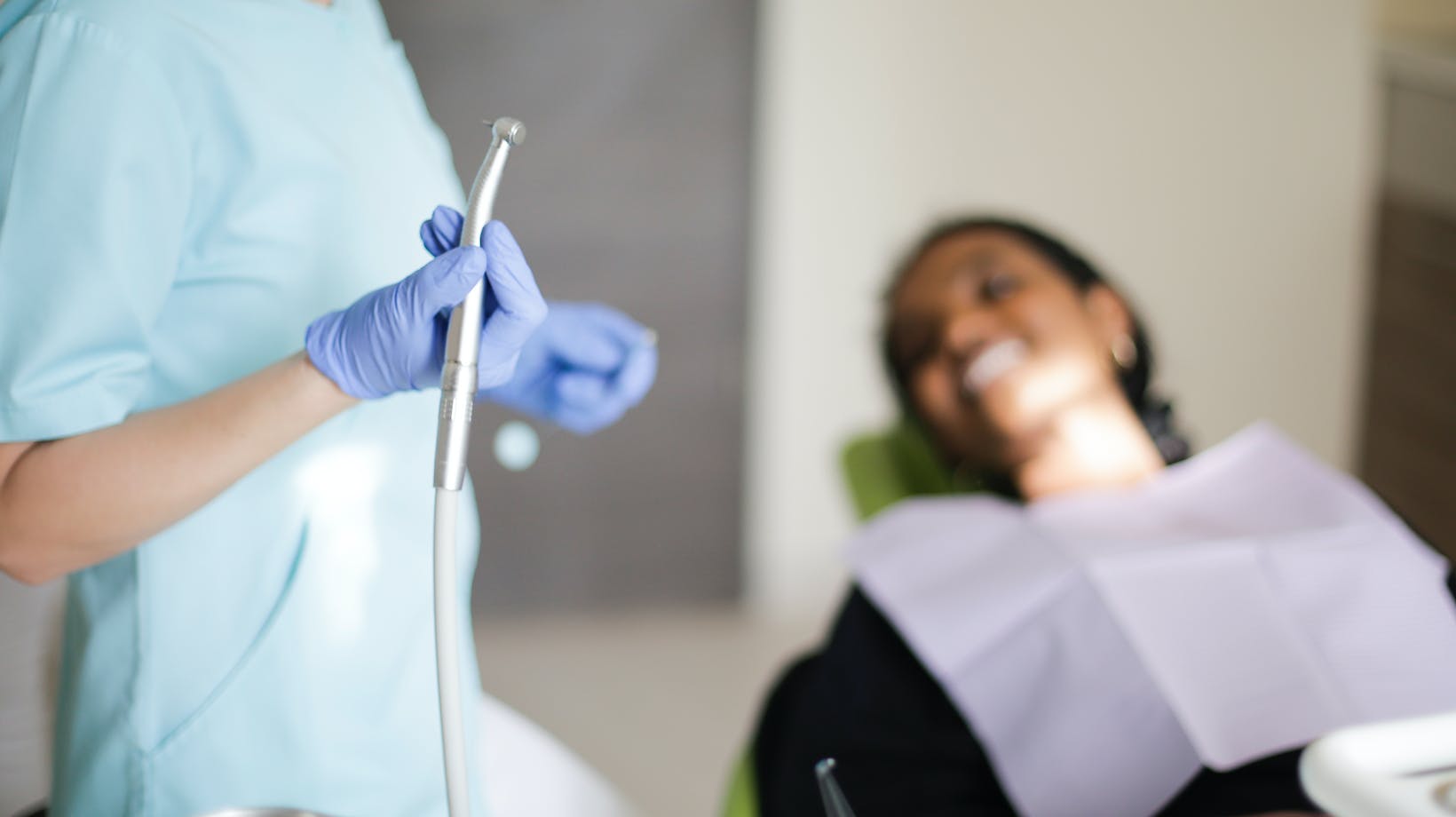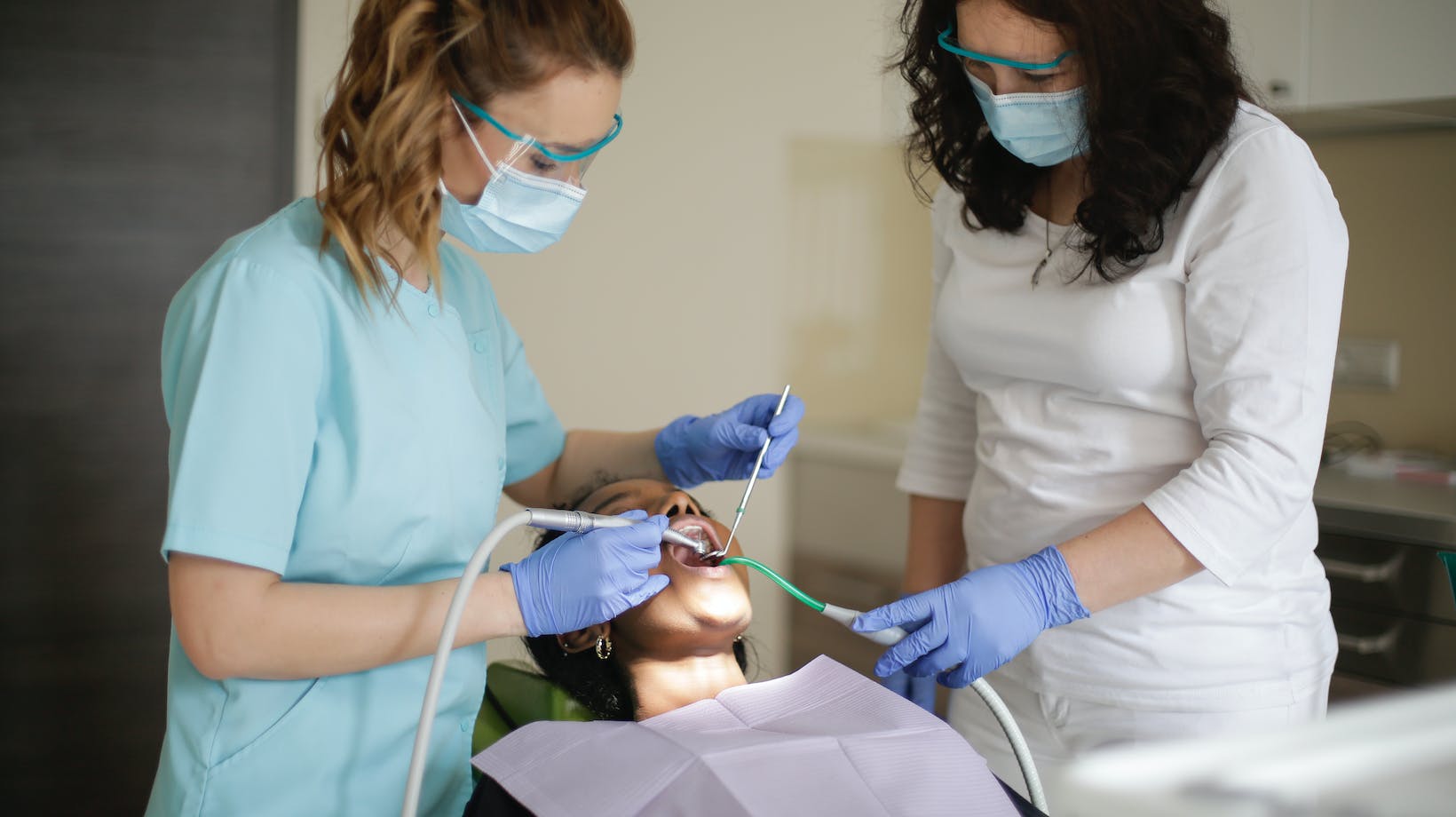
All-on-4 dental implants, supported by just four posts, are an effective solution for restoring missing teeth, offering improved aesthetics, comfort, and high success rates. However, their longevity hinges on proper maintenance and hygiene. In this post, we provide essential tips to help you care for your restoration.
Understanding All-On-4 Dental Implants
All-on-4 dental implants offer a fixed restoration treatment, replacing an entire arch of teeth using just four titanium and ceramic posts. With proper maintenance, this long-lasting solution effectively restores full oral function.
They offer advantages such as:
- reduced number of implants needed
- restoration of oral function
- aesthetics
- prevention or reversal of jaw bone loss
- improved self-confidence.
How to Take Care of All-On-4 Implants
Proper maintenance of your implants is crucial for their longevity. Here are key tips to help you care for them:
1. Practice Good Oral Hygiene
Maintaining a strict oral hygiene routine is vital to prevent plaque buildup, gum disease, and complications. Follow these steps for optimum oral care:
- Brush your teeth at least twice a day using a soft-bristled toothbrush and non-abrasive toothpaste. Make sure to clean all surface areas of your implant-supported arch, including the gum line.
- Flossing should be a part of your daily routine. Use a floss threader or a water flosser to clean between the implant-supported teeth and remove plaque and food debris.
- After brushing and flossing, an additional step is to rinse your mouth with mouthwash, preferably antibacterial ones.
2. Schedule Regular Check-Ups
Regular check-ups with your clinic or dentist are crucial for the long-term success of the all-on-4 system. They can detect and address potential issues like gum disease or loose placements. Visit your dentist at least twice a year for check-ups.
3. Avoid Certain Foods and Beverages
After placement, your dentist will likely advise avoiding certain foods during the healing period to reduce stress on the restoration sites. Foods to avoid include:
- popcorn
- hard candy
- nuts and seeds
- tough meats
- raw vegetables/fruits.
It is also best to avoid alcohol and tobacco as they can impair healing and increase the risk of failure and various gum diseases.
4. Be Mindful of Dental Habits
If you grind or clench your teeth (bruxism), this habit can damage implants. To protect them and your natural smile, your dentist can provide a personalized nightguard. Additionally, avoid chewing on hard objects like pens or ice.
Seeking Professional Help for All-On-4 Implants
It’s essential to know when to seek professional assistance for your teeth replacement. A practice like Denver Dentures and Implants, specializing in all-on-4 dental implants, offers advanced care to ensure proper support.
Consider immediate consultation in these situations:
- Discomfort or pain: Persistent issues around the surgery site warrant a dentist’s evaluation.
- Looseness: Immediate attention is needed if an implant feels unstable.
- Inflammation or bleeding: Swelling, redness, or bleeding are signs of infection requiring expert assessment.
- Chewing difficulties: Problems while chewing may signal alignment or structural concerns.
When to Contact Your Dentist
- Routine follow-ups: Adhere to scheduled appointments for check-ups and cleanings.
- Post-surgery concerns: Any unusual symptoms following the surgery should be reported.
- Changes in fit: If the prosthetic teeth feel differently or the bite changes, consult your dentist.
Troubleshooting Common Issues

| Common Issue | Symptoms | Possible Causes | Recommended Action |
| Implant looseness | Feeling of movement, discomfort | Not fully integrated, bone loss | Immediate consultation |
| Gum inflammation | Redness, swelling, and pain | Poor oral hygiene, infection | Improve hygiene, see dentist for possible treatment |
| Difficulty chewing | Discomfort or pain while eating | Misalignment, improper fitting | Schedule an appointment for adjustment |
| Bleeding | Bleeding during brushing or flossing | Inflammation, infection | Enhance oral hygiene, consult dentist |
| Persistent pain | Continuous or severe pain | Infection, nerve damage, and failure | Seek urgent advice |
| Bad breath or taste | Unpleasant breath or taste | Infection, food debris accumulation | Improve cleaning routine, check-up |
| Prosthesis damage | Cracks, chips in the teeth | Wear and tear, biting hard objects | Visit dentist for repair or replacement |
| Swelling in jaw or gums | Noticeable swelling around implant area | Infection, allergic reaction | Contact dentist immediately for evaluation |
Conclusion
Daily maintenance and professional check-ups are crucial for the success of your implants after placement. Addressing any issues promptly and maintaining a proactive approach ensures their longevity. With excellent care and maintenance, all-on-4 dental implants can restore your natural smile and help you achieve optimal oral and general health.












